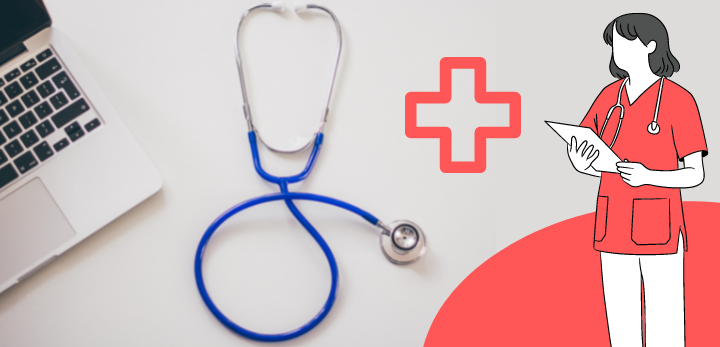Virtual Assistants in Healthcare: ChatGPT Leading the Way

As the healthcare industry continues to embrace technology, virtual assistants powered by AI technology have become increasingly popular. Among the many virtual assistants available, ChatGPT-powered virtual assistants have proven to be a valuable tool for healthcare providers in streamlining patient interactions.
Virtual assistants offer a wide range of benefits for healthcare providers, including the ability to provide 24/7 patient support. Patients can interact with the virtual assistant at any time, from anywhere, and receive instant responses to their inquiries. This not only improves patient satisfaction but also frees up staff time for more critical tasks, such as patient care.
One of the key advantages of ChatGPT-powered virtual assistants is their ability to understand natural language and respond in a conversational manner. Patients can interact with the virtual assistant using everyday language, rather than having to learn complex medical jargon. This can help to reduce patient anxiety and improve patient engagement with their healthcare provider.

Virtual assistants can be used for a wide range of applications, from booking appointments to providing medication reminders and answering patient questions. They can also be used to improve patient education and support. For example, virtual assistants can provide patients with information about their medical condition, treatment options, and medication side effects. Patients can also receive reminders to take their medication or attend follow-up appointments, which can help to improve treatment outcomes.
ChatGPT virtual assistants are not just revolutionizing patient interactions in healthcare, they are leading the way towards a more accessible, efficient, and patient-centric future.
To ensure the security and privacy of patient data, healthcare organizations must take extra precautions when implementing virtual assistants. ChatGPT-powered virtual assistants must be designed to comply with strict regulatory requirements, such as HIPAA, and must use advanced encryption and authentication measures to protect patient information.
At a time when the healthcare industry is under significant strain due to the COVID-19 pandemic, ChatGPT-powered virtual assistants have become an essential tool for healthcare providers. They offer a cost-effective and scalable solution for providing patient support, improving patient engagement, and streamlining healthcare delivery.
For more information and assistance with implementing a ChatGPT-powered virtual assistant in your healthcare organization, please refer to https://aichatassist.com/. Their team of experts can provide you with the support and guidance you need to create a successful virtual assistant that meets the unique needs of your patients and organization. With ChatGPT-powered virtual assistants, healthcare providers can provide a seamless patient experience that is both efficient and effective



